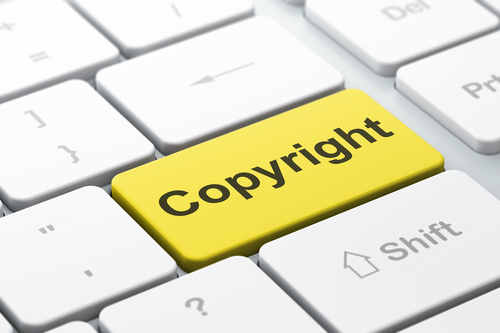By Crystal T. Broughan and Edward L. Birk
As fast-paced as the internet has made the transmission of news and information, it can be tempting for media outlets and bloggers to grab the first eye-catching image relevant to a story. But any trusted intellectual property or media law attorney would tell you not to do this – otherwise, you could find your organization neck deep in litigation over what seemed to be an “open source” image.
So, how do you know what’s fair game and what isn’t?
It’s not uncommon for broadcast professionals to contact us with questions about images or videos they thought were free because:
- they’re on the internet,
- they’re on a social media profile that is set to “open to public”,
- or somebody said it was free.
Unfortunately, in a court of law, none of these reasons gives you permission to use these pieces of intellectual property.
That’s why we decided to dive into the question a bit deeper and hopefully shed some light on it for you.
Who Owns the Copyright to a Photo?
Generally, the US Copyright Office agrees that the owner of a photograph is the photographer who captured the image.
In certain cases, an employer of the photographer may own the rights, but if a photographer is hired for, say, a wedding, the photographer still owns the copyright to the images unless they are transferred – in writing – to another person. Even when the photographer passes away, copyright is only transferred by way of explicit bequest in a will or trust.
Ultimately, however, the subject of the photo usually has no true ownership of the copyright of the image. What does this mean for photos and video you have pulled from social media?
How Does This Apply to Social Media?
Unless the image is a selfie, there is a real risk that the person posting the image or video you would like to use does not have the authority to grant you the permission – called a “license” – you need to reuse it. You must get written permission from the person who took the photograph.
With the rise in photo-trolling by legal teams in search of opportunities to pursue litigation, news stations must be diligent in understanding who truly owns the copyright on imagery they’re interested in using and whether the person posting has the right to grant the broadcast station any level of rights to use the images or videos. Otherwise, you may be facing legal ramifications.
There is an exception under the US Copyright Act for “fair use” of copyrighted work for purposes such as criticism, comment, news reporting, teaching, scholarship, or research. The classic examples of “fair use” are quoting from a book when writing a book review or showing a clip from a movie when creating a critique of the movie.
To determine whether the use of a copyrighted work will be a “fair use,” you should consider the following factors:
- the purpose and character of the use, including whether such use is of a commercial nature or is for nonprofit educational purposes;
- the nature of the copyrighted work;
- the amount and substantiality of the portion used in relation to the copyrighted work as a whole; and
- the effect of the use upon the potential market for value of the copyrighted work. (17 U.S.C.A. s. 107)
Best practices would be to use only those photos, images, or videos you or your organization have created or for which you have obtained written permission to use. There still is a risk if someone gives you permission to use an image from their website that they did not have copyright of the image to begin with. That’s akin to a car thief selling you a car.
You can also purchase the right to use photos, videos, or images from photo stock companies. You will pay a small licensing fee.
Whoever is providing editing services for the media company should make a practice to double-check the sources of all photos, image, and videos before approving the story for posting on the internet.
We’ll explore the issue of photo-trolling and its impact in our next joint article. Check back soon.
Marks Gray’s copyright lawyers frequently advise clients about the difficult questions of fair use to help them avoid being sued. If you have any questions about copyright law, fair use, or intellectual property, please reach out to us: Crystal T. Broughan and Edward L. Birk. We would be honored to help you.
